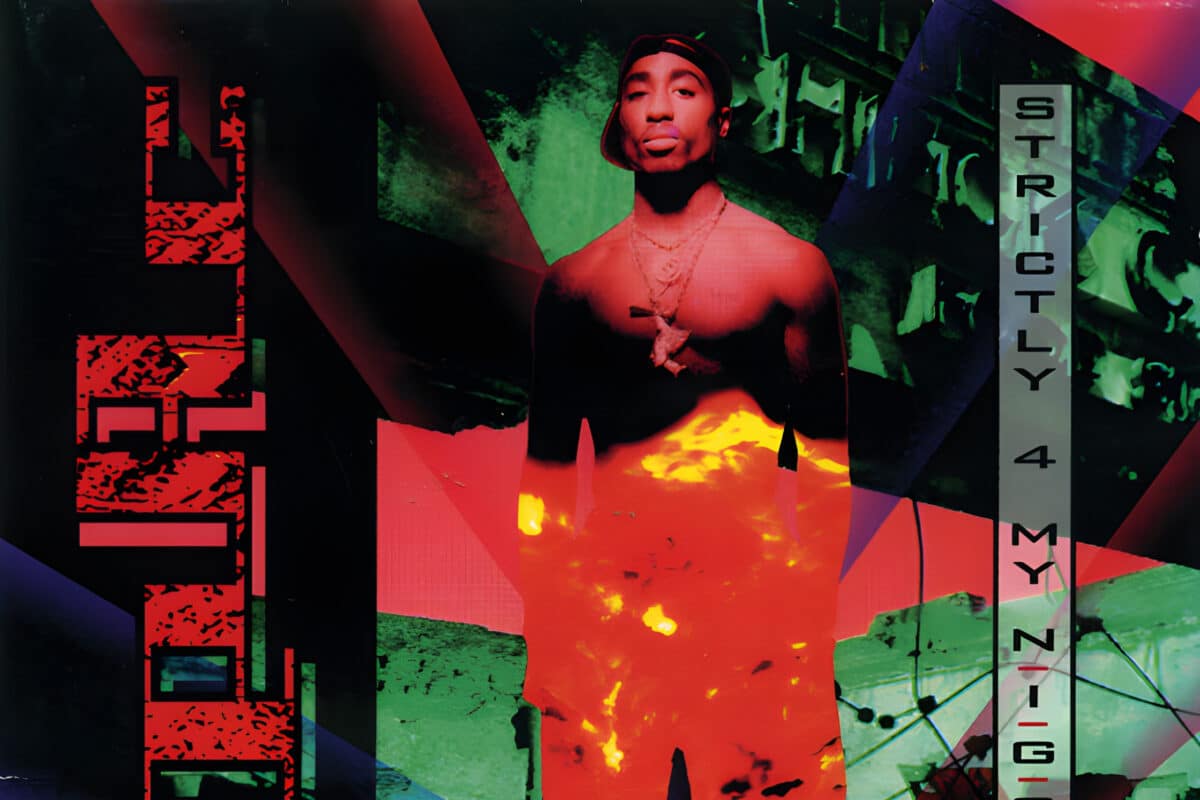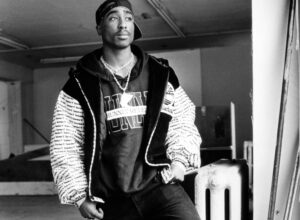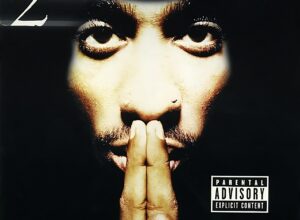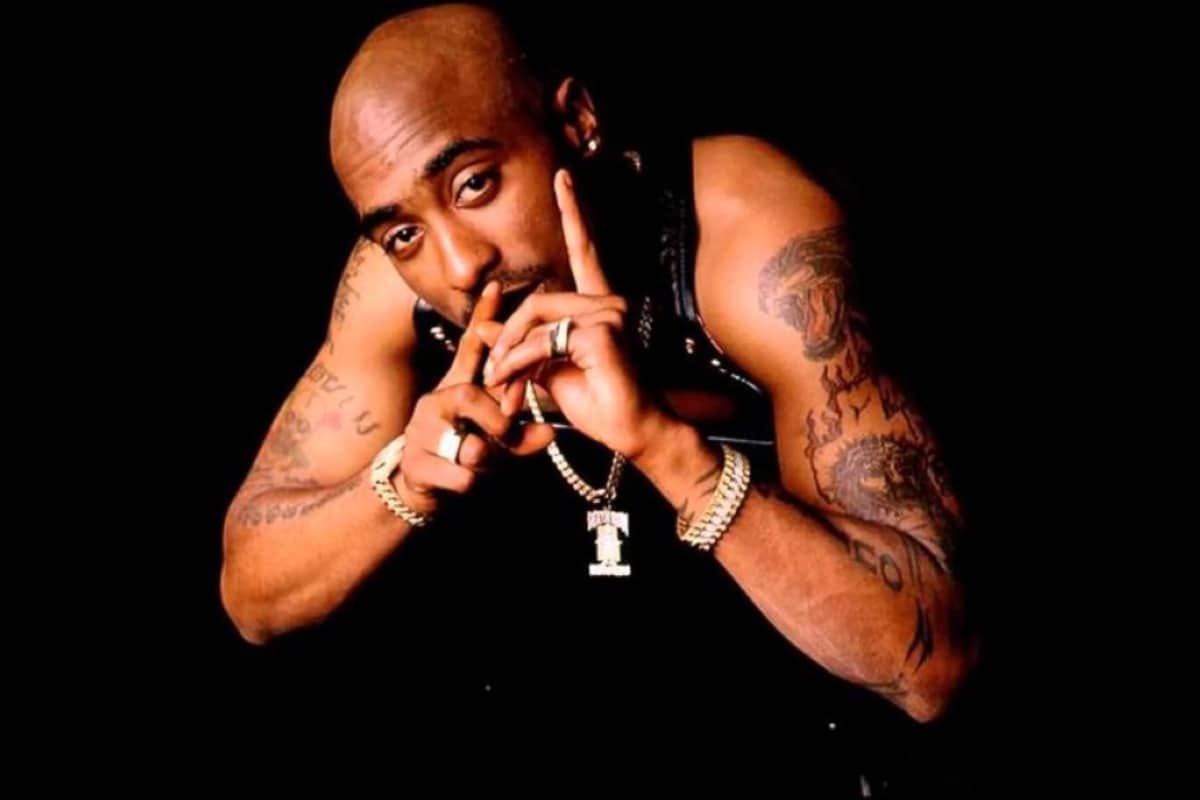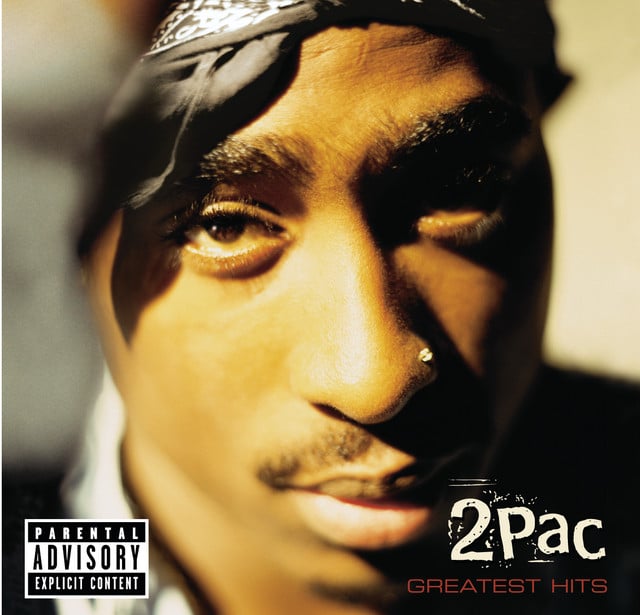Released: 1993
“Last Wordz” by 2Pac featuring Ice-T and Ice Cube is a hard-hitting track that speaks on themes of resistance, racial injustice, and the power of unity in the face of systemic oppression. The artists deliver their verses with aggression and defiance, making bold statements about their experiences and views on society. This song is a call to action for the Black community to stand together and fight back against injustices.
Ice Cube kicks off the track with intense energy. He identifies himself as the “nigga you love to hate,” a nod to his controversial status in the industry and society. Ice Cube’s lines about wearing black as a “brand new payback” signify rebellion and resistance against authority, especially the police, who he deems as adversaries (“pigs”). This verse sets the tone for the militancy and unapologetic stance of the track.
Ice-T’s verse continues in the same gritty vein. He declares his resilience, stating that haters can’t “fade” him and that cops can’t stop him. Ice-T reminisces on his past, affirming his credibility (“banged in my youth”). He signals a readiness to defend himself and his community, and mocks wannabes and those who challenge him, underlining his street credibility and fearlessness.
2Pac’s verse is a raw commentary on race relations and police brutality. He calls out political figure Dan Quayle and criticizes systemic racism that results in Black men ending up in caskets. Pac emphasizes the need for unity (“United we stand, divided we fall”) and urges collective action against oppression. His vision for harmony with other marginalized groups and the idea of one person educating others reflect his broader socio-political aspirations.
The chorus throughout the track reinforces the presence and dominance of the three artists in the hip-hop scene. “Tupac’s in the mutha fuckin’ house,” repeated in the chorus, signifies a strong, unyielding proclaimation of his influential status. The repetition of each artist’s name asserts their powerful presence and their undying influence within the genre.
Overall, “Last Wordz” is a stark reminder of the social climate of the early ’90s, blending raw realism with a rallying call for empowerment. Each verse, delivered with passionate intensity, encapsulates the artists’ unwavering defiance against systemic oppression, making it an anthem of resistance and unity.
